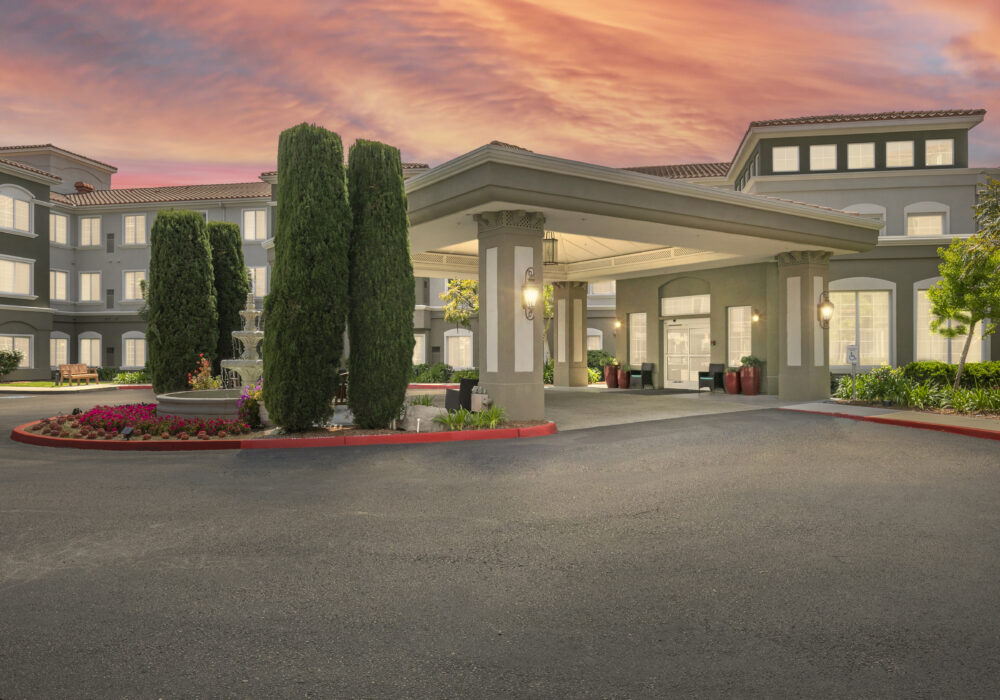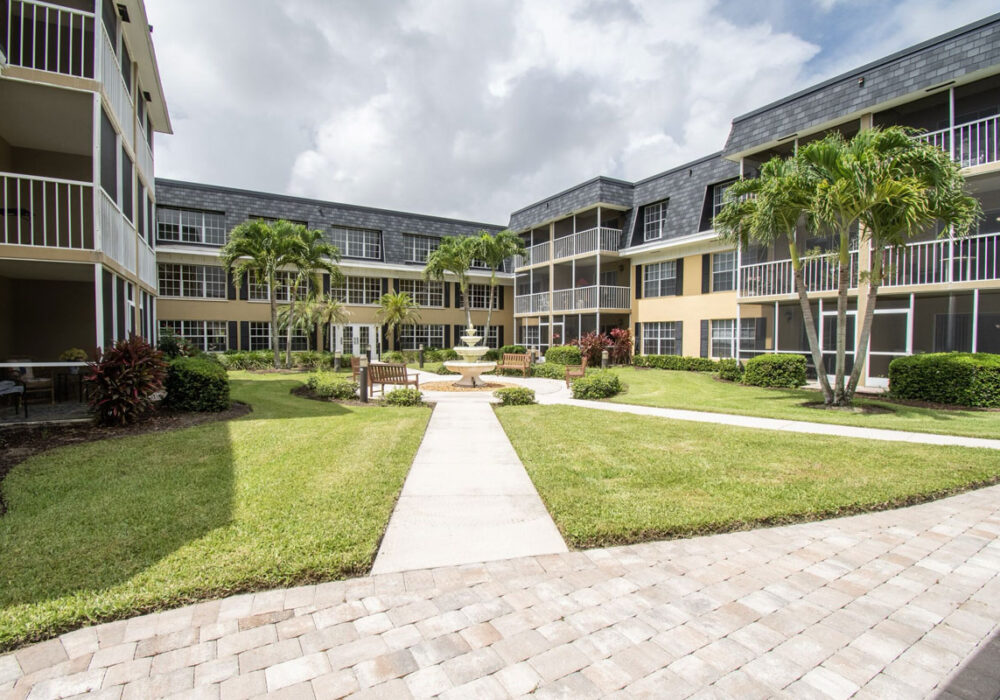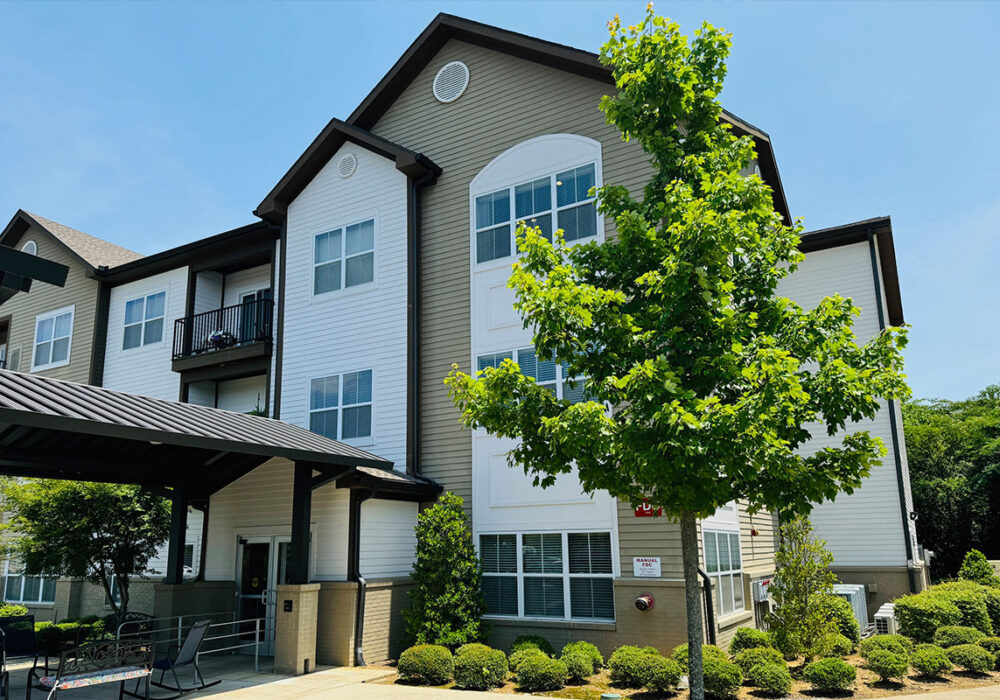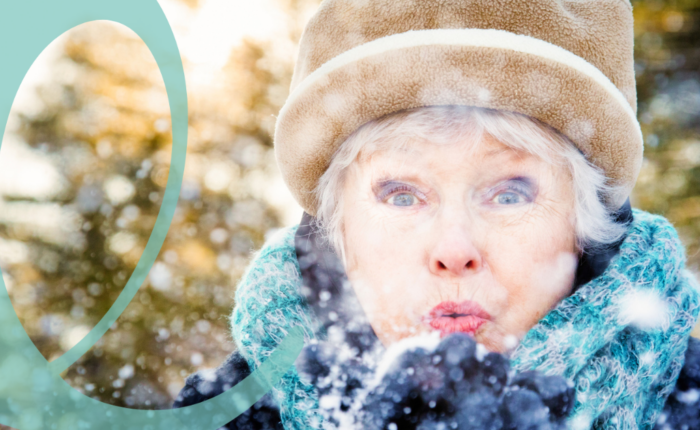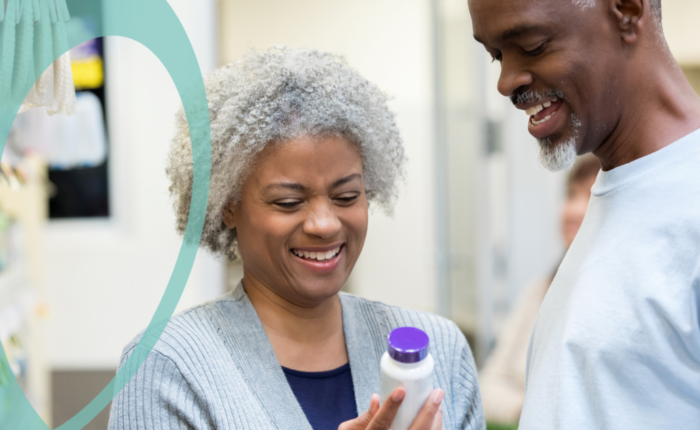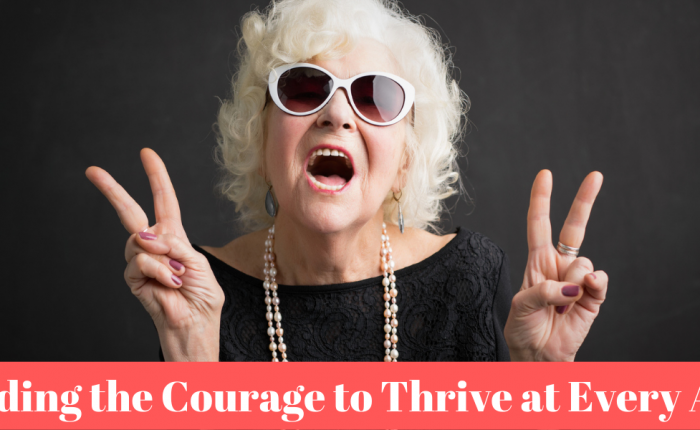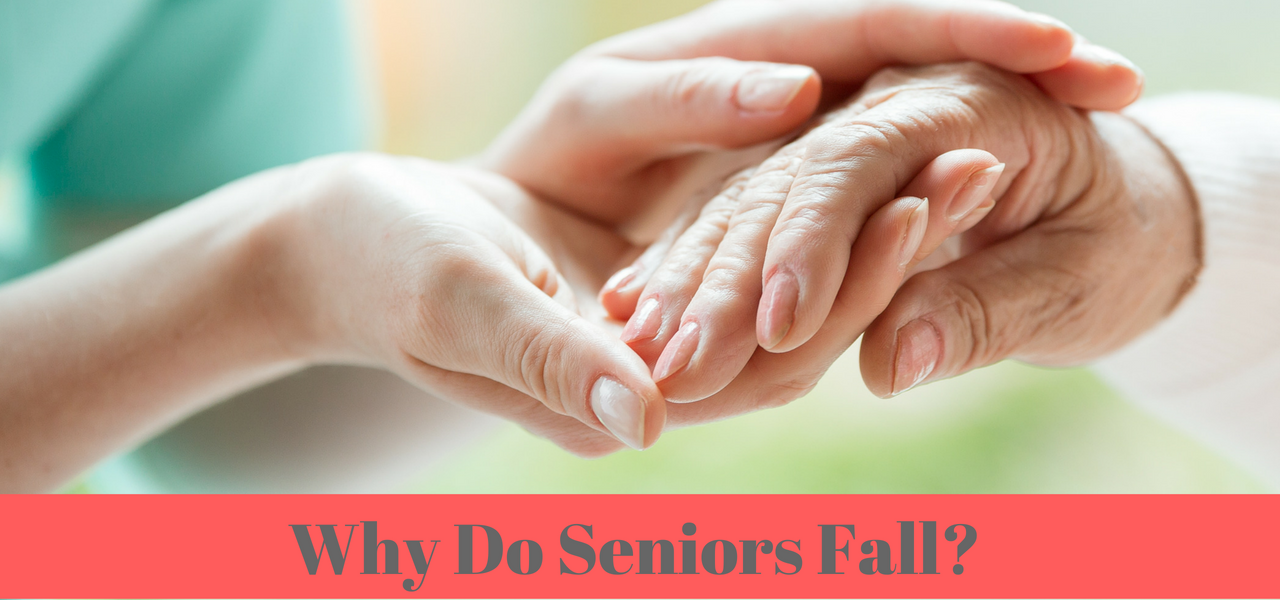
Falls are a scary topic for seniors and their caregivers. The National Council on Aging reports that falls is the leading cause of fatal injury as well as the most common cause of nonfatal trauma-related hospital admission for seniors. The risks associated with falls are great, and the Center for Disease Control (CDC) reports that 20% of falls cause a serious injury like a broken bone or a head injury. Additionally, fear of falling can affect a senior’s quality of life, keeping them from being active and exercising – leading to even more health risks.
Learn more about why seniors fall, the health risks associated with falls, and how you can keep yourself and your loved ones safe from falls.
3 Reasons Seniors Are More Likely to Fall
According to the National Council on Aging, a senior is treated in the emergency room for a fall every 11 seconds and every 19 minutes a senior dies from fall. Why are falls plaguing seniors? The fact is that the natural aging process itself can place seniors at an increased risk of falling and there are three main reasons why older adults are more likely to fall than their younger counterparts.
1. Chronic health conditions
Many chronic health conditions affecting seniors can cause dizziness. Health conditions including heart disease, dementia, and low blood pressure can cause dizziness and confusion that can lead to a brief loss of consciousness or fainting, ultimately leading to a fall. Seniors are more likely to develop health issues that affect balance, like labyrinthitis, which is inflammation of the delicate balance regulating parts of the ear.
Experience Leisure Care Senior Living
2. Physical impairments
With age comes several physical impairments including poor vision and muscle weakness. The CDC estimates that nearly 16% of adults over the age of 65 have osteoporosis, a weakening of the bones that is an important risk factor for fragility fracture. With age comes weaker muscles and stiffer joints, also increasing the risk of fall.
3. Unsafe levels of independence
According to the AARP, 90% of adults over the age of 60 want to remain in their own homes for the next five to ten years. But, the truth is, that many seniors will be unable to do so. With home ownership comes home maintenance that involves ladders, wet floors, reaching for storage areas, stairs, sometimes dim lighting, and unsecured carpeting – all major risk factors for a fall.
3 Health Consequences Associated with Falls
1. Fear of falling
After a fall, many seniors are scared of falling again – which is to be expected. The unfortunate side effect is that the fear of falling often keeps seniors sedentary, leading to social isolation, depression, and anxiety. As they move less, they become even less mobile and require more assistance with activities of daily living.
2. One fall often leads to more falls
More than 1/3 of seniors over the age of 65 fall each year and in nearly half of these cases, the person falls again. In fact, studies have shown that if there is a history of falls, the risk of falling again can double or even triple as seniors lose confidence and mobility from the fear of falling.
3. Falling can lead to serious physical injury
20% – 30% of seniors who fall suffer moderate to severe physical injuries which include broken bones, cuts, and bruising. In fact, 95% of hip fractures are caused by falling. More than 300,000 seniors are hospitalized annually because of a fall injury, and seniors are hospitalized five times more often for a fall-related injury than any other type of injury.
10 Tips for Preventing Senior Falls
When it comes to preventing falls for your senior loved one, it’s important to consider their unique environment and carefully consider their daily environment. These 10 tips can help you start creating a safe place for yourself or a senior loved one.
- Consider medications that may make you tired, dizzy, or affect judgment.
- Make regular exercise that improves balance, flexibility, muscle strength, and gait part of your daily routine.
- Wear sturdy shoes with nonskid soles.
- Use nonslip mats in the bath and shower.
- Install grab bars in the shower or tub.
- Place nightlights in strategic locations around the home.
- Secure loose rugs with tape, tacks, or slip-resistant backing (or remove rugs entirely from your home).
- Move furniture and plant stands from high-traffic areas.
- Make clear paths to light switches.
- Consider moving to senior living where fall prevention is a major focus of effort.
If you are concerned about yourself or a senior loved one falling, it may be time for a move to senior living. Senior living communities are well equipped to protect seniors against falls and to help seniors who have fallen recover safely.
How has a fall impacted your quality of life? Has a move to senior living helped you regain confidence in mobility? Share your experiences with us in the comments below.
Find a Leisure Care Community
Better with age, exceptional with us! Come and see how Leisure Care communities are helping seniors rediscover (and sometimes reinvent) themselves.



